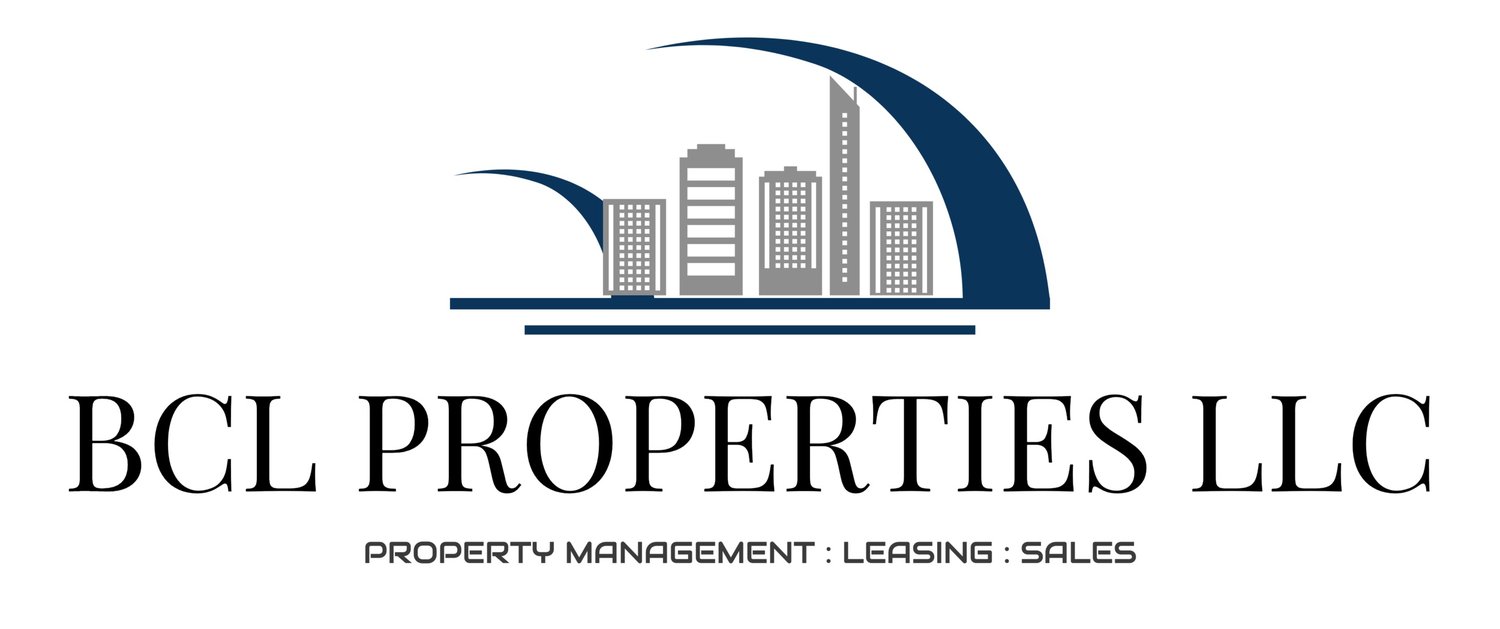The Millenial Investor
/As the millennial trend continues to take over the real estate market what questions should a future millennial investor be asking to their agent? What is their expectation of creating wealth in real estate? What are the differences between the age 50+investor and the millennial investor?
In the age of YOUTUBE where some stars have been born and money can be made I believe that a true investor needs to actually be involved in a real estate transaction to learn first hand of how investors make money. Youtube and other social media channels can show positive results but those may not be typical.
So who is this millennial investor? From what I am seeing in the market it is typically someone in their late 20’s to mid to late 30’s looking to take either some savings they have accrued over the past few years, or a trust fund that has been allocated to them.
Two trains of though when I speak with investors. The age 50+ investor looks for a percentage gain over time typically. Creating almost a retirement package. The millennial wants the flip. Fast in and out. Neither one are really wrong, but the outcomes of those transactions are dependent on variables in your marketplace. Not every marketplace in the US is in the correct trend to flip property.
With good intentions I believe the younger generation of investors are in the right direction. However my feeling is that they may lack the knowledge of what becoming a landlord or investor actually entails. As my property management company is based in Washington, DC there are a number of strict rules and regulations regarding landlords and what they can or can’t do. The “quick” flip can be potentially slowed or even stopped by DC’s TOPA laws. I am happy to go over any information on the laws in Washington, DC.Barry@bclmgt.com
Some new agents in the business hear the word investor and $$$$ light up in their eyes. However if an inexperienced agent has never worked with an investment client a transaction can hold some major challenges. Example of that is working through a 1031 exchange or serving tenants rights to an entire building, and or even finding the right property for the investor.
I have put together a brief punch list a new investor can go to an agent with. Here are some questions to ask your agent to get a feel of their experience and knowledge of the market place.
One thing you might want to consider when purchasing a property is whether you are better off working with a commercial agent or residential agent. Both hold different types of knowledge in their own marketplace.
Here are some example questions to ask your agent?
1. What is the average CAP ratio of a multifamily building in your current city.
a. In fact ask the agent if they even know what a CAP ratio is?
2. What is the typical (average) rental income on various units?
a. Ex. What does a 1 bedroom rent for?
b. Ex. What does a 2 bedroom rent for?
c. Ex. What does a studio rent for?
3. All markets carry highs and lows for various size properties in terms of lease rates. You want to be sure your investment can at least cover operating costs.
4. What are the property taxes on the building or property?
5. Is the property currently being managed professionally?
6. What is the eviction rate in the building? If any?
7. You should ask for the last 2 years Revenue & Expense statements for the property. Typically investment sales contracts come with a study period. Make sure you use that period to know what your about to purchase.
8. What is the typical vacancy time of property in the area. Meaning how long would a unit sit on the market empty once a tenant moves out.
9. Who is paying the utilities? (Landlord or tenant)
10. In your city does the tenant pay the commission or landlord when leasing out vacant property?
11. Does the building or property currently have its C of O or Business License. When has the city inspected the property last?
These are just some of a long list of questions people can ask when thinking about investing in real estate.
Millennial Investors are here to stay. Working with them can have its challenges, but due to so many advances in technology it can eliminate a lot of excess time and energy when working with younger clients. So there are many positives in regards to getting deals done much quicker than 20 years ago.
For more information on Washington, DC investment properties, or our management services please contact us at
BCL Properties LLC


